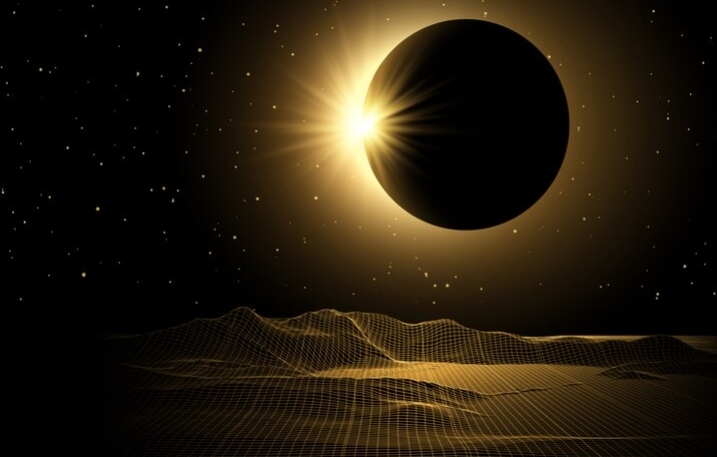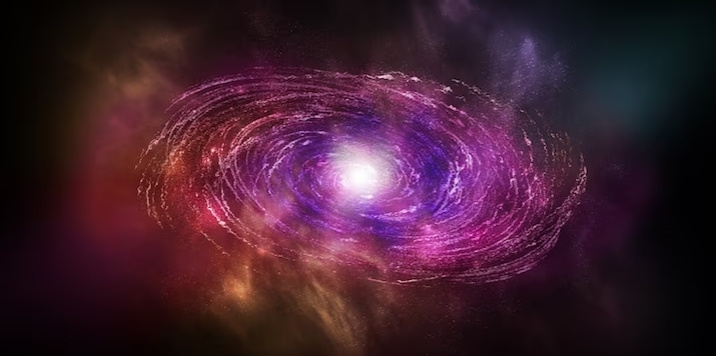The best of Discovery / Black Hole.
Black holes are one of the most fascinating and mysterious objects in the universe. They are often described as cosmic vacuum cleaners that devour everything in their path, including light itself. In this article, we will explore what black holes are, how they form, and what happens when something falls into them.
What is a black hole?
A black hole is a region of space-time where gravity is so strong that nothing, not even light, can escape. This happens when a massive star collapses in on itself, creating a singularity - a point of infinite density and zero volume. The event horizon is the boundary around a black hole beyond which anything that enters can never escape.
How do black holes form?
Black holes are formed from the remnants of massive stars. When a star runs out of fuel, it can no longer sustain the nuclear reactions that produce heat and light. The core collapses in on itself, and if the mass of the core is greater than a certain threshold, it will continue to collapse until it becomes a singularity.
Types of black holes:
There are three types of black holes: stellar, intermediate, and supermassive. Stellar black holes are the most common and are formed from the collapse of a single massive star. Intermediate black holes are thought to be formed from the merger of several smaller black holes, and supermassive black holes are found at the centers of galaxies and are thought to have formed from the merging of multiple intermediate black holes.
What happens when something falls into a black hole?
When an object falls into a black hole, it crosses the event horizon and is swallowed by the singularity. As it gets closer to the singularity, it experiences extreme gravitational forces, stretching it out like a strand of spaghetti in a process called spaghettification. Once the object reaches the singularity, it is crushed to infinite density, and its mass is added to the black hole's total mass.
Can anything escape a black hole?
Once an object crosses the event horizon, it can never escape. This is due to the intense gravitational forces that prevent anything from traveling faster than the speed of light. However, black holes do emit radiation in a process called Hawking radiation. This radiation causes black holes to slowly lose mass over time until they eventually evaporate completely.
In conclusion, black holes are some of the most fascinating objects in the universe. While they are incredibly powerful and destructive, they also hold the key to unlocking some of the universe's most profound mysteries. With ongoing research and exploration, we are sure to discover even more about these enigmatic objects in the future.




I smell a #prompt for a good story. Are you up for it @killerwot?
Hmmm, this sounds like a decent topic, thanks for the tag, I'll get my thinking cap on and see what happens.
!PIZZA !LOLZ
lolztoken.com
Now there is a career in ruins.
Credit: reddit
@wanderingmoon, I sent you an $LOLZ on behalf of @killerwot
(1/10)
Farm LOLZ tokens when you Delegate Hive or Hive Tokens.
Click to delegate: 10 - 20 - 50 - 100 HP
Congratulations @richard84! You have completed the following achievement on the Hive blockchain And have been rewarded with New badge(s)
Your next target is to reach 800 upvotes.
You can view your badges on your board and compare yourself to others in the Ranking
If you no longer want to receive notifications, reply to this comment with the word
STOPCheck out our last posts:
Support the HiveBuzz project. Vote for our proposal!
PIZZA Holders sent $PIZZA tips in this post's comments:
@killerwot(1/10) tipped @wanderingmoon (x1)
You can now send $PIZZA tips in Discord via tip.cc!